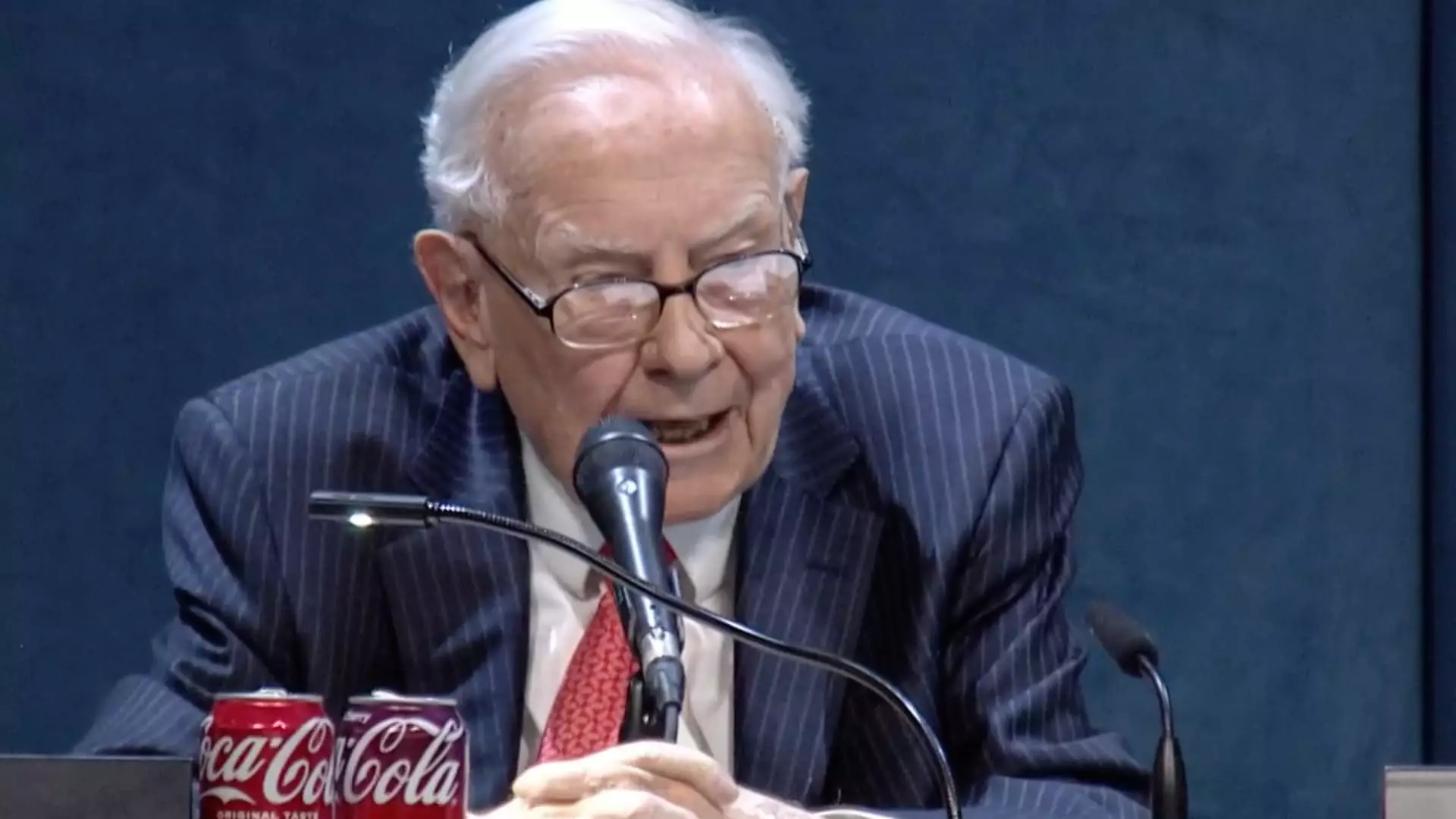Warren Buffett’s recent criticisms of President Trump’s tariffs underline a crucial concern for American growth: protectionism can lead us down a perilous path. In a world economy that thrives on the exchange of goods and ideas, resorting to punitive tariffs is not merely a misguided strategy but a catalyst for broader economic disparity. It’s not just Buffett, the “Oracle of Omaha,” making this point; many economists have warned that such protectionist policies undermine the foundational tenets of trade. When tariffs become weapons in geopolitical squabbles, the repercussions ripple throughout the economy, affecting not just giant corporations but also everyday Americans.
Economic Isolation: A Recipe for Disaster
Buffett rightly states that trade should never be weaponized. The notion that increased tariffs can lead to national prosperity is dangerously flawed. By imposing tariffs on foreign imports, the government effectively isolates the American market, stifling competition and innovation. This isolation fosters complacency among American industries, leading them to increase prices rather than improve efficiency or products. Bottom line? Consumers suffer when tariffs restrict their choices. It’s not an exaggeration to say that isolationist policies can lead to economic stagnation, making the nation not just poorer in a financial sense but also less vibrant in terms of cultural and technological advancements.
Global Prosperity Equals Local Prosperity
Buffett eloquently emphasized that prosperity does not occur in a vacuum. The more prosperous the global economy becomes, the more opportunities arise for American businesses. A strong global market means increased demand for American products, whether that be agricultural goods, technology, or medical innovations. The fallacy of “America First” often neglects the evidence that the nation’s success is intertwined with global economic health. A thriving global marketplace benefits American workers, entrepreneurs, and shareholders alike. Clinging to an outdated, isolationist view will ultimately weaken the fabric of the American economy.
The Specter of Retaliatory Measures
The current geopolitical climate, with tariffs soaring and trade tensions escalating, invites inevitable retaliation from other nations. The tit-for-tat tariffs imposed on Chinese goods exemplify this cycle of escalation, proving that protectionism can lead to a lose-lose scenario for the nations involved. America’s agricultural sector, which relies on exports, faces devastating consequences when foreign suppliers hit back by imposing their own tariffs on U.S. products. The real cost falls on farmers and workers who find themselves in the crossfire of these trade wars, showing that the repercussions of domestic policies extend far beyond our borders.
The Long Game: Avoiding Short-Sighted Policies
Buffett succinctly articulated a fear of the long-term effects of nationalistic economic policies. Short-term gains from challenging global trade may provide a temporary illusion of success, but they obscure the long-term harm to innovation and competitiveness. The U.S. has historically thrived by positioning itself as a center of international trade, innovation, and collaboration. Undermining that position with restrictive tariffs sends the signal that America is retreating from its role as a leader in the global marketplace. As we’ve seen during previous historical crises, nations that cut themselves off from the world often pay a hefty price in the following generations.
Caution Ahead: A Call for Thoughtful Trade Policies
As our economy faces uncertainty with rising inflation and recent contractions in GDP, there is no room for reckless measures like expansive tariffs. Buffett’s insights, coupled with the trends observed in corporate trade behaviors, serve as a clarion call for more thoughtful trade policies that promote growth and collaboration rather than confrontation. For America to maintain its status as a global economic powerhouse, political leaders must seek to invigorate international partnerships. It’s imperative that both policymakers and business leaders resist the seductive allure of isolationism and prioritize strategies that support mutual growth.
In a world where interdependence is the norm rather than the exception, it would be a tragedy to regress into the dark ages of trade wars. Embracing open trade is not merely an economic necessity; it is the bedrock upon which future prosperity is built.

